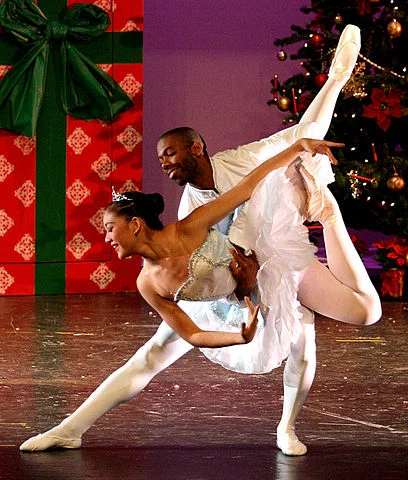We can sing
Just try to stop me. (Image by TeeFarm)
A few weeks ago, a poignant request went out on Facebook.
“I have a job interview for a choral music position. What are some things I can do with a choir if we aren’t allowed to sing?”
And with that — not being allowed to sing — we’ve completed the build-your-own-dystopian-society checklist, thanks to the coronavirus. Education in the arts is already fragile in our society; this development may crush it completely.
Our musical ability, as a society, has been in a state of dire emergency for awhile. Back when we used to have gatherings in restaurants, you could always count on a bunch of Americans for an extremely poor rendition of “Happy Birthday” any night of the week. This isn’t lack of talent — it’s lack of education.
Though singing and dancing are activities we engage in as babies before we can walk or talk, building upon these instinctive impulses is a learned skill. And so many of us don’t even know what we’re missing out on, because we assume that these skills are inaccessible to us. Bizarrely, we believe that not everyone has the potential to sing an extremely simple song.
We are far off in our expectations when it comes to music. We expect very little, so that’s what we get. We look for signs that someone is “tone deaf” when they are just beginning to encounter music for the first time. We then dismiss their aptitude and even cut them off from further musical experiences. If someone doesn’t show early promise and the potential for a career in music, why would they bother taking piano lessons?
On the other hand, we expect children to learn to walk, and we expect it to be a process that unfolds gradually; we would never dream of putting someone in a wheelchair for life because they fall down a lot at fourteen months. We don’t say, “I guess she’s not going to be a professional athlete,” and neglect her nascent skills. Instead, we trust that she will continue to grow and develop. As a result of continued practice, following the example of those around her, she’ll improve her ability to walk. Then she’ll run and jump. As she grows, she’ll engage in whatever gross motor activities are encouraged and cultivated, from tennis to yoga to gymnastics to dancing.
Naturally, if this hypothetical child isn’t exposed to these different types of recreation, she won’t get good at them. That’s because she won’t even know that they exist. And that’s the case with so many families: Nobody sings, so nobody sings. Generation after generation, they’ve lost their birthright.
Families and communities used to sing together, in the time before devices with speakers and screens. Now, an individual’s musical development is often arrested at the toddler level due to neglect. That’s why so many otherwise educated people can’t keep a steady beat or sing on pitch. Again, it has nothing to do with talent. They just haven’t been part of a culture of making music, in person, for fun.
We’re at a crossroads right now. If schools suspend singing, we’re losing one of the last resources for children to develop their musical ability. Like so many other things that children used to learn at home, their access to music education is now limited to school. When that’s taken away, what can we do?
The past few generations have shown that watching and listening to recorded media isn’t enough. Aretha Franklin grew up singing in a church, surrounded by singers; we, in turn, grew up listening to Aretha’s hits, but few of us have absorbed her techniques. Children learn best from the trusted adults around them, sharing the same space, showing them the way. That means that, for our children to learn to play and sing, we adults have to lead by example. We have to play and sing.
This may be a daunting process if you’ve never done it. You may have had little access to music education yourself, or you may be traumatized by unpleasant experiences from your past. You may believe that music belongs only to the talented, and that your role is only to enjoy from afar. That’s not the case. Humans in every culture have made music. It’s part of who we are. Who you are. It’s yours to reclaim.
You don’t have to be good at singing, just like you don’t have to be good at walking. It’s just something we all do. Start from where you are and build on that. Seek coaching if you want, or just play around on your own. When you find a moment of joy or connection, you’ll know you’re on the right track.
We’ve turned music into something that only professionals do — something that requires talent and expertise to be worthwhile. It’s a cultural loss of a magnitude that those who have lost the most will grasp the least. A world bereft of families making music together is the only world most of us have ever known.
But we can turn this around. In a time that is fraught with unknowns and unrest, we can sing and play, the way humans have done for millennia. In the little pockets of family and community we are able to have, we’ll experience the restorative and regenerative power of singing and music-making — not only to replace what we’ve lost, but to create something new.








